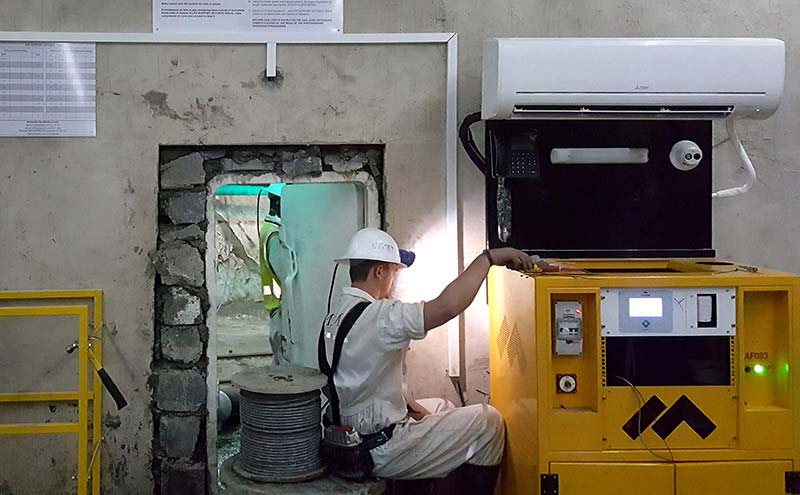Chad Licenses First Fully Local Mobile Money Firm, Signalling Shift in Digital Finance Landscape


Quidah is an online platform that connects investors with curated opportunities and expert insights on Africa’s emerging markets, while offering businesses promotional services, partnership facilitation, and market intelligence to attract capital and grow their operations.
Industries
In a landmark move, Chad has granted a payment institution license to Konoom Mobile Money, making it the country’s first fully Chadian-owned firm to receive such status. The license allows Konoom to offer mobile payments, bill settlements, merchant payments, and phone recharges—but not deposit taking or credit issuance, both reserved for banks under current regulation. The approval comes jointly from Chad’s Finance Ministry and the Central African Banking Commission (COBAC).
Konoom’s emergence diverges from earlier mobile-money entrants in Chad, which often operated as branches or units of foreign telecoms. As a local entity, Konoom may command stronger alignment with national policy, better understanding of local markets, and greater capacity to integrate rural and informal segments. Operating under the CEMAC regulatory framework for electronic payments, Konoom must comply with regional rules that govern mobile money issuance, transaction processing, and cross-border payments within the Central African Monetary and Economic Community.
This licensing is significant for both businesses and consumers in Chad. For businesses, digital payment acceptance lowers the cost and risk of cash handling, opens new customer segments, and enables integration with e-commerce and supply chains. Smaller merchants in markets or rural areas may now have greater access to digital settlement tools, reducing delays and improving liquidity. For consumers—especially in underbanked regions—Konoom may widen access to digital payments, reduce remittance friction, and enhance financial inclusion beyond chronically underserved banking infrastructure.
Yet challenges remain. Chad has historically faced low financial inclusion, limited broadband coverage, and slow adoption of digital finance tools. In recent years digital systems have lagged behind regional peers. Interoperability, agent network strength, and regulatory capacity will be tested. Konoom will need to scale agent coverage, ensure reliable liquidity at cash-in/cash-out points, enforce KYC/AML compliance, and maintain low-cost transaction models to win trust.
From an investor perspective, Konoom’s licensing signals a new frontier in Chadian fintech. Opportunity exists in infrastructure support (agent networks, POS devices), platform development, APIs, payment rails, cross-border remittance gateways, insurance or microfinance linkages, and value-added financial services layered onto mobile wallets. Aligning with national priorities for digital payments, collaborating with government for G2P (government-to-person) disbursements, or participating in regional CEMAC payment integration can yield strategic return.


